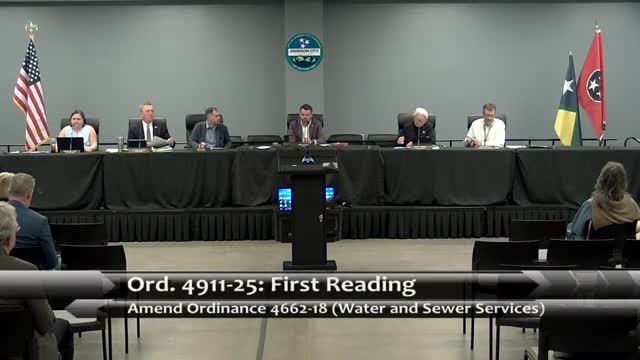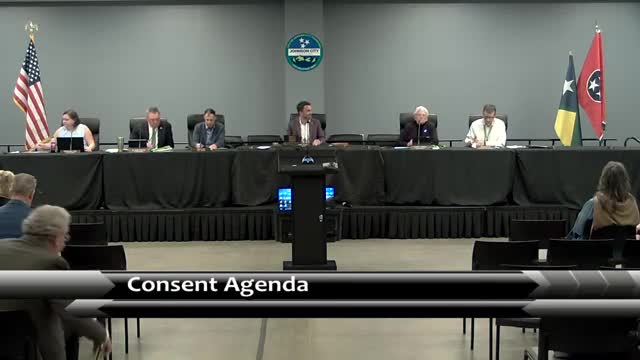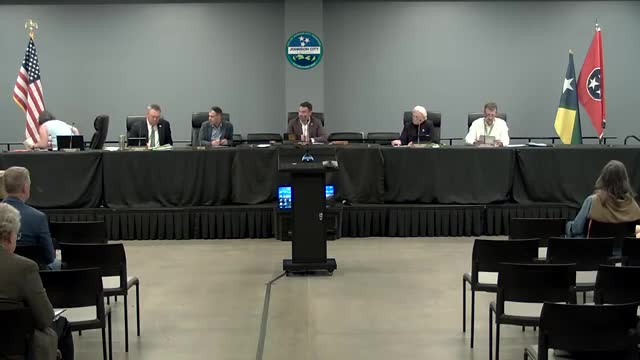Article not found
This article is no longer available. But don't worry—we've gathered other articles that discuss the same topic.

Johnson City approves first readings of water and wastewater funding ordinances to finance multi‑year repairs and upgrades

Votes at a glance: Johnson City Commission actions on leases, bonds, right-of-way abandonment and fire code amendment

